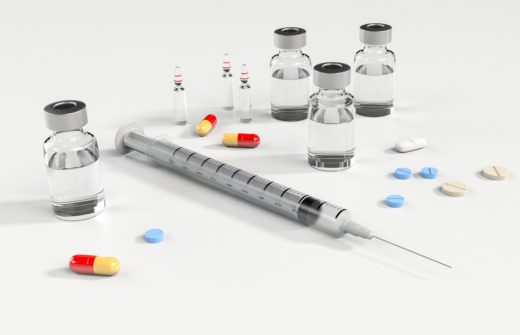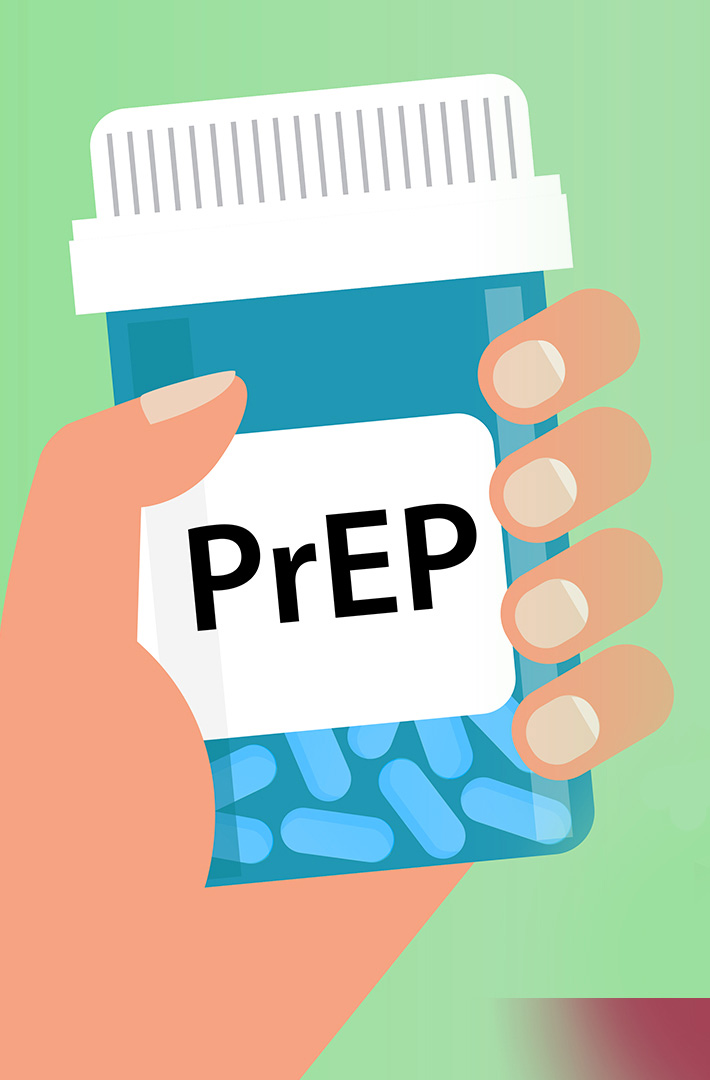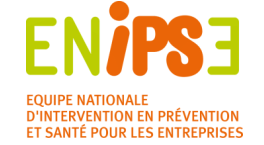e-prevention and risk reduction in festive environments. Know more, risk less
- Home Page
- Drugs
- GHB / GBL
- Synthetic cathinones (4-MEC, 3-MMC)
- Cannabinoïdes de synthèse
- Synthetic Cannabinoids
- Cocaine, Crack
- Ecsctasy & MDMA
- Ketamine
- Piperazines
- Fentanyloids
- Methoxetamine (MXE)
- Methamphetamines : Speed, Crystal…
- Methamphetamines
- Heroin
- LSD (acid)
- Anabolic-Androgenic Steroids (AAS)
- Cannabis
- Poppers
- Tobacco
- Alcohol : info and advice
- Drug consumption & risks
- Sexuality
- Useful Contacts
- Support us !
Français






